The IFA launched its strategy for the liquid milk industry in Ireland on Tuesday.
Milk Wise 2025 was launched by the association’s president Joe Healy and liquid chair John Finn. The strategy aims to deliver a “secure, long-term availability of fresh, high-quality, locally produced milk”.
The sector has some 1,800 farmers milking cows 365 days of the year.
Brexit
Record volumes of milk were imported into Ireland, according to the 2016 National Milk Agency annual report.
Some 26% was brought from Northern Ireland into the Republic for selling on retail shelves.
The strategy outlines one scenario which could emerge as a consequence of Brexit.
This is the possibility of no trade deal being put in place between the UK and the EU and “significant import tariffs being imposed on all milk imports from the UK into Ireland”.
The strategy says this “would be a disastrous development for the entire sector”.
The IFA’s strategy states that whatever the outcome from Brexit, that should milk from Northern Ireland continue to go the Republic it must “meet the very same standards in terms of quality, environmental requirements on farm and from processors, and on animal health and welfare”.
Retail power
One-year retail tenders for private label supplies which were adopted by some of the country’s retailers see processors “pitted against each other every 12 months” to win contracts, the IFA states.
This has “promoted a downward wholesale and farmer price spiral”.
Perhaps the most high-profile of these arrangements occurred last year when Tesco split its liquid milk contract three ways between Glanbia, Aurivo and Arrabawn.
Glanbia had been the sole supplier, but lost up to 80% of the contract to the other two processors.
It is now estimated that Glanbia holds approximately 20% to 25% of this particular contract, with Aurivo holding 40% to 45% and Arrabawn having about 33%.
To counteract this, the IFA is calling for “stronger retail regulation”; specifically a “return to the prohibition on below-cost selling”, as well as the introduction of a retail ombudsman.
Comment
IFA president Joe Healy said the challenges in the sector, as well as an impending Brexit, could have serious consequences for the country’s liquid milk suppliers.
“The milk we put in our cereals each morning and in our cups of tea throughout the day depends on 1,800 specialist producers milking cows 365 days a year to guarantee consumers fresh, high-quality, locally produced milk supplies all year round. Historically, we have been able to take the availability of fresh milk for granted, but times have changed – and with Brexit now upon us, our fresh milk market, in which 25% of sales are sourced in Northern Ireland, needs such a strategy even more urgently,” Healy said.
Read more
Autumn calvings hold steady
The IFA launched its strategy for the liquid milk industry in Ireland on Tuesday.
Milk Wise 2025 was launched by the association’s president Joe Healy and liquid chair John Finn. The strategy aims to deliver a “secure, long-term availability of fresh, high-quality, locally produced milk”.
The sector has some 1,800 farmers milking cows 365 days of the year.
Brexit
Record volumes of milk were imported into Ireland, according to the 2016 National Milk Agency annual report.
Some 26% was brought from Northern Ireland into the Republic for selling on retail shelves.
The strategy outlines one scenario which could emerge as a consequence of Brexit.
This is the possibility of no trade deal being put in place between the UK and the EU and “significant import tariffs being imposed on all milk imports from the UK into Ireland”.
The strategy says this “would be a disastrous development for the entire sector”.
The IFA’s strategy states that whatever the outcome from Brexit, that should milk from Northern Ireland continue to go the Republic it must “meet the very same standards in terms of quality, environmental requirements on farm and from processors, and on animal health and welfare”.
Retail power
One-year retail tenders for private label supplies which were adopted by some of the country’s retailers see processors “pitted against each other every 12 months” to win contracts, the IFA states.
This has “promoted a downward wholesale and farmer price spiral”.
Perhaps the most high-profile of these arrangements occurred last year when Tesco split its liquid milk contract three ways between Glanbia, Aurivo and Arrabawn.
Glanbia had been the sole supplier, but lost up to 80% of the contract to the other two processors.
It is now estimated that Glanbia holds approximately 20% to 25% of this particular contract, with Aurivo holding 40% to 45% and Arrabawn having about 33%.
To counteract this, the IFA is calling for “stronger retail regulation”; specifically a “return to the prohibition on below-cost selling”, as well as the introduction of a retail ombudsman.
Comment
IFA president Joe Healy said the challenges in the sector, as well as an impending Brexit, could have serious consequences for the country’s liquid milk suppliers.
“The milk we put in our cereals each morning and in our cups of tea throughout the day depends on 1,800 specialist producers milking cows 365 days a year to guarantee consumers fresh, high-quality, locally produced milk supplies all year round. Historically, we have been able to take the availability of fresh milk for granted, but times have changed – and with Brexit now upon us, our fresh milk market, in which 25% of sales are sourced in Northern Ireland, needs such a strategy even more urgently,” Healy said.
Read more
Autumn calvings hold steady




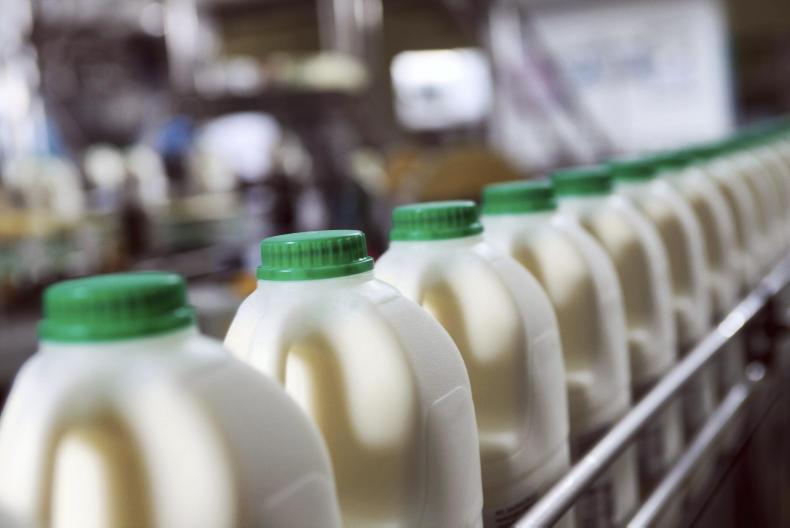
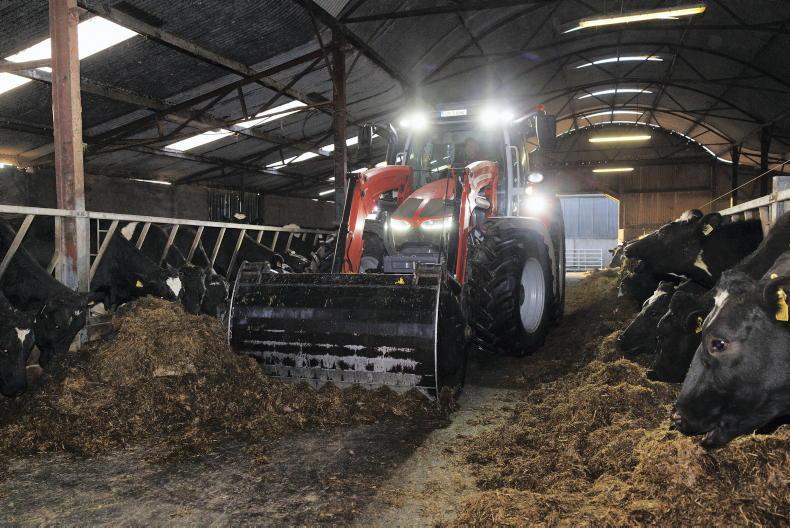
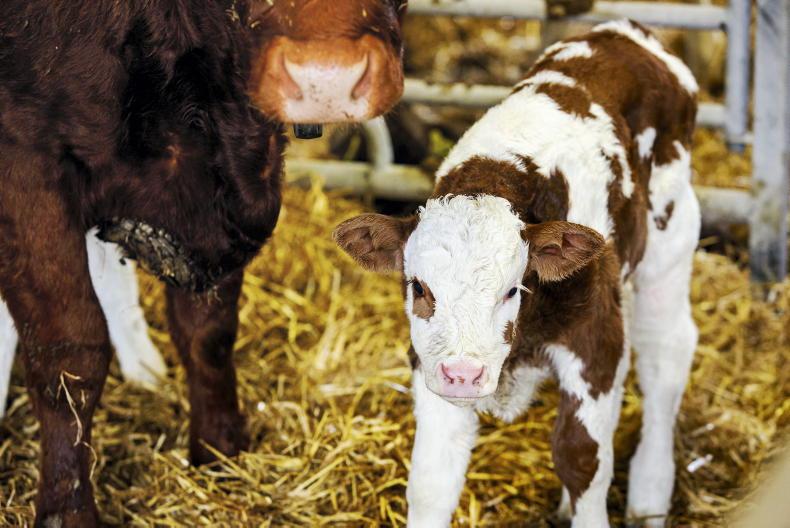
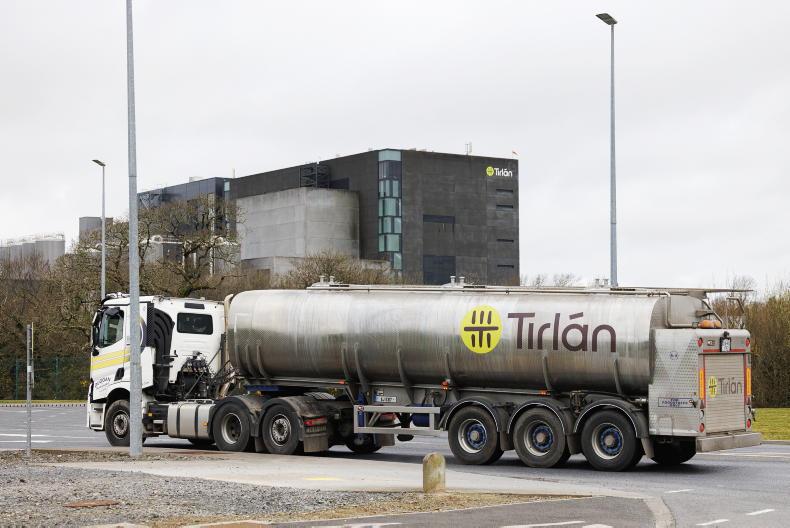
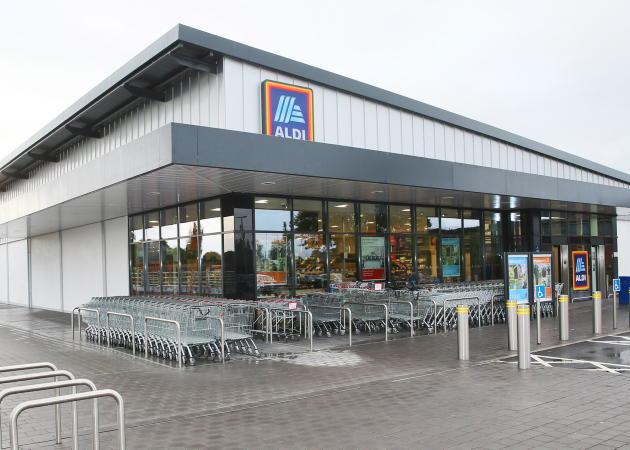
SHARING OPTIONS